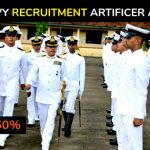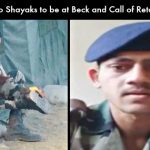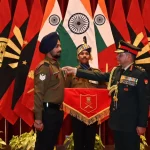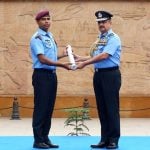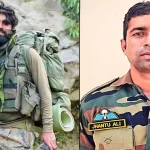Prince Harry, 33, the grandson of Queen Elizabeth II, came to limelight during his royal wedding. He married Meghan Markle, 36, an American actress, at Windsor Castle.
Prince Harry was pictured wearing his military medals at the wedding, donning the rank of Major. The Queen gave Prince Harry her blessing to wear the single-breasted black uniform of the Blues and Royals.
Military Career
Harry Windsor, 33, service number 564673, had a distinguished military career serving for 10 years, rising to the rank of Major and undertaking two tours of Afghanistan. He continues to work in support of his fellow servicemen, promoting support for wounded men and women as they adapt to life post-injury.
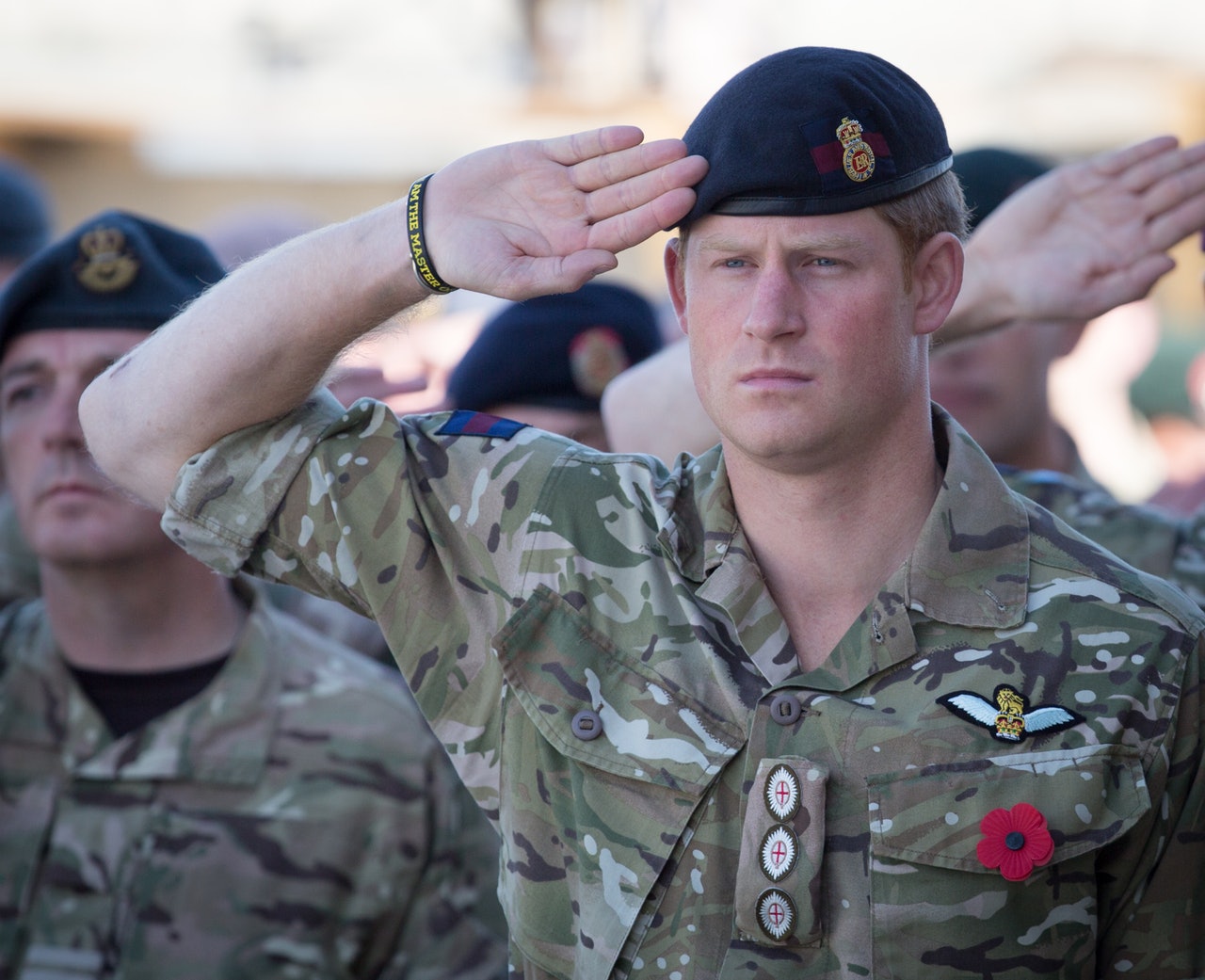
Prince Harry passed his Regular Commissions Board (RCB), the qualification necessary to train at Sandhurst, in September 2004. The RCB enables senior Army assessors to find those best suited for training. The Board is demanding, and consists of a number of tests and tasks designed to assess mental, physical and emotional aptitude. It is similar to SSB in India.
After completing a period of work experience, Prince Harry entered The Royal Military Academy Sandhurst in May 2005 to begin his training as an Officer Cadet.
During the 44-week training course in Camberley, Surrey, Prince Harry was known as Officer Cadet Wales. The course is highly demanding and involves both theory and tough physical training.
On 25th January 2006, Clarence House announced that Prince Harry was to join the Blues and Royals.
Following the successful completion of the course, Prince Harry was commissioned as an Army officer on Wednesday, 12th April 2006. The Queen, accompanied by The Duke of Edinburgh, took the salute at the Sovereign’s Parade at The Royal Military Academy Sandhurst.
The Prince of Wales and The Duchess of Cornwall also attended the Parade to see Prince Harry’s Passing Out, as the commissioning is known. Prince William was also there as an officer cadet.
Post Commission Training
Prince Harry joined his regiment on 8th May 2006, before reporting to The Armour Centre at Bovington in Dorset to begin the Troop Leaders’ Course, his special-to-arm training to become an armoured reconnaissance troop leader. This second phase of his preparatory training included instruction in signals, driving and maintenance, and gunnery.
On completion of the Troop Leaders’ Course in October 2006, Prince Harry rejoined his regiment in Windsor, and was responsible for a troop of 11 soldiers and four Scimitar reconnaissance vehicles.
The Medals
Prince Harry has been awarded three medals for his military service. He also wears wings indicating that he is a qualified army pilot in the Army Air Corps.
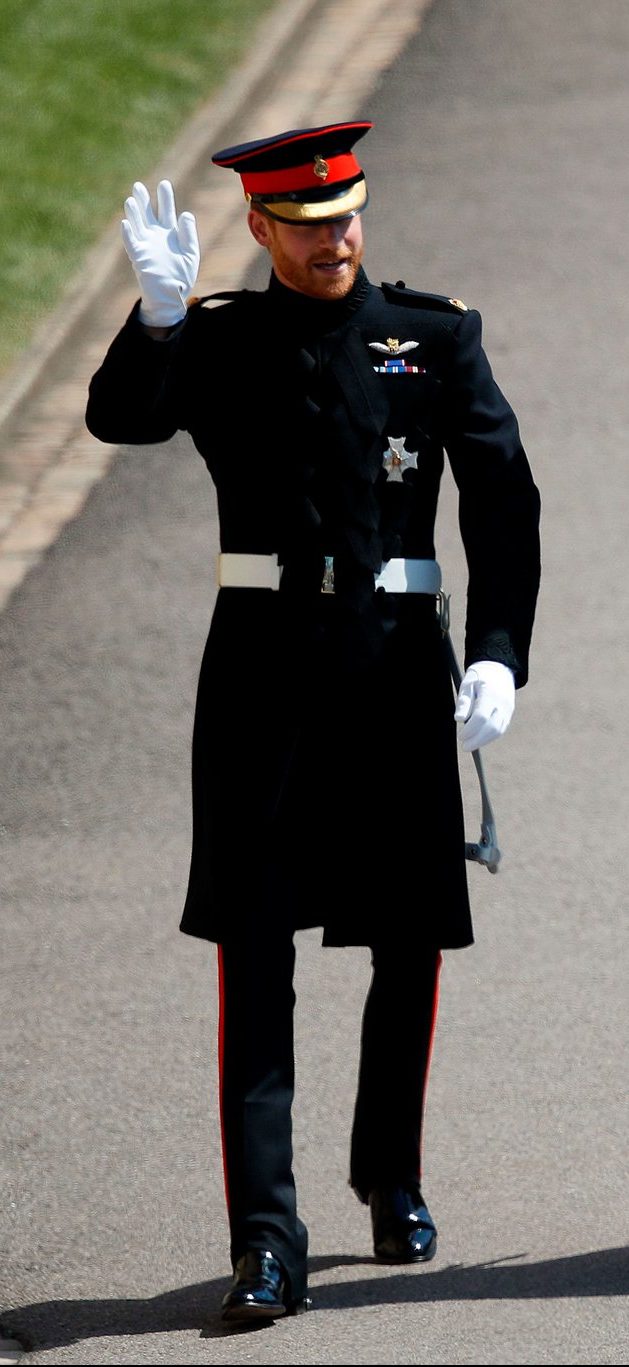
The first is an Afghanistan campaign medal
Awarded in 2008, it marked his service at the frontline in Helmand Province. Formally known as the Afghanistan Operational Service Medal, the medal itself is silver and circular with a crowned effigy of the Queen on the front. The reverse is inscribed with the words “For Operational Service” around the Union Flag.
Second from the left is the Queen’s Golden Jubilee Medal
“Cupronickel with a gilt finish”, this medal was awarded to all those in active service on 6 February 2002 who had been in the forces for five years.
The third medal is Queen’s Diamond Jubilee Medal
It was awarded to mark his grandmother’s sixtieth year on the throne in 2012 and given to all those in the Armed Forces, emergency services, prison services and members of the Royal Household.








